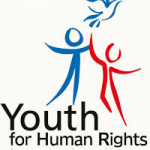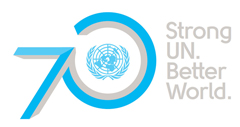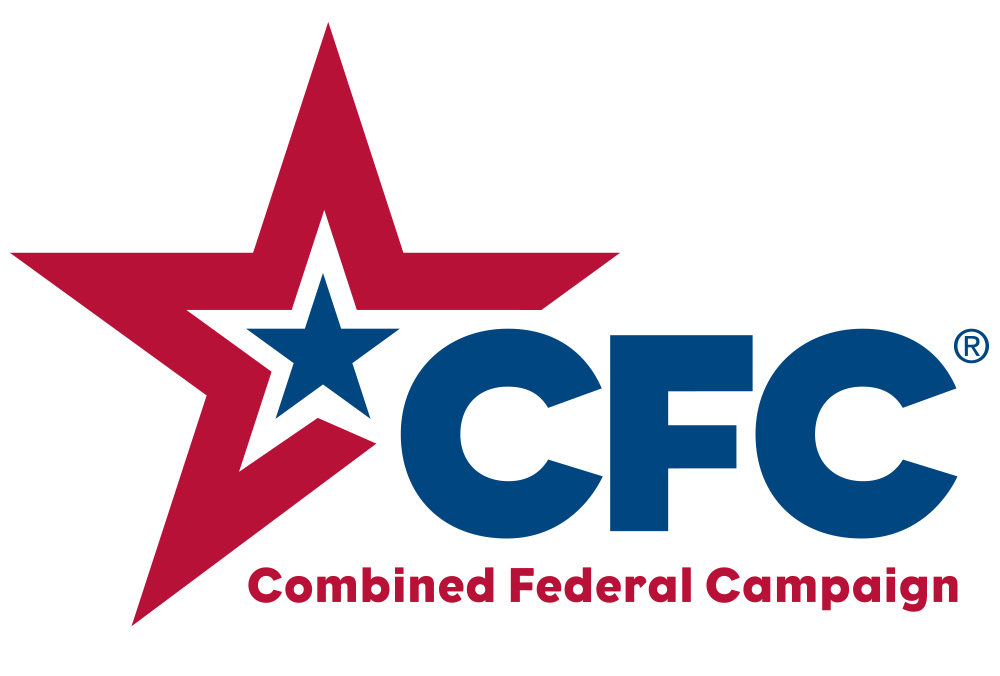EXECUTIVE SUMMARY
INTERNATIONAL ROUNDTABLE ON PREVENTION OF HUMAN TRAFFICKING
THROUGH AIR TRANSPORTATION
Vienna, Monday, 11th September, 2017
Twenty-six stakeholders in the fields of aviation, human trafficking, security and education gathered to consider how to reduce and prevent human trafficking through the critical infrastructure of the airline industry. The group had the goal of implementing a standardized system in air transportation to detect and prevent the illegal transportation of humans on commercial flights. Attendees representing government agencies, law enforcement, non-governmental organizations, private sector and civil society explored legal and practical opportunities in the development of an EU-wide shared approach, taking into account proven methods and best practices. This incorporated the understanding that only a genuinely-uniform approach involving all relevant stakeholders can be sustainable and effective, while complex and diverse rules and regulations make it harder to fight human trafficking and at the same time make it easier for traffickers to find loopholes.
Airline Ambassadors International (AAI) – Nancy Rivard, President of AAI kicked off the meeting with news that an MOU had just been signed with UNODC to partner on human trafficking awareness initiatives. She shared Airline Ambassadors’ experience spearheading awareness at airport and airline companies and highlighted recent work with AirAsia Airlines. AAI successfully influenced national legislation in the US for which flight attendant training for is now mandatory. She encouraged participants to follow the US lead by implementing awareness trainings at strategic airports, encouraging airlines to train staff, and offered a new reporting tool – the TIP Line App.
This opening was followed by short keynotes from AirAsia Foundation – Executive Director,
Mun Ching Yap, highlighting their human trafficking training program throughout Asia, their communication campaign, and the training they offered in four airport hubs in partnership with AAI;
UK Border Force – National Operational Lead Safeguarding & Modern Slavery, Amanda Read, highlighting their training programs, their existing network all over the UK, as well as their close work with law enforcement; the European Union Commission – Assistant, Office of the EU Anti-Trafficking Coordinator, Valeria Galanti, highlighting the tools and guidelines developed by the EU to combat human trafficking, including policy and legal guidelines, and the importance of fully implementing existing policies; IATA – Assistant Director External Affairs, Tim Colehan, highlighting IATA’s call to action within their industry and their initiative to adopt a 2018 AGM resolution to join the fight against human trafficking by developing and promoting guidance and training materials, improving reporting protocols, and working with airlines and airports; OSCE – Head of the Strategic Police Matters Unit/Transnational Threats Department, Guy Vinet, highlighting the importance of more visibility and awareness to reach results, and the limitation in countries that lack strict laws on the issue; OSCE – Assistant Officer on Combating Trafficking in Human Beings, Radu Cucos, highlighted the need to strengthen capacity to identify false travel IDs, and the importance of legislation that requires companies to check their supply chains beyond the first level of contracting; and UNODC – Program Management Officer, Felipe De La Torre, highlighting the work that UNODC does with member states to prevent human trafficking, and to detect and prosecute traffickers, he also shared the launching of the Blue Heart Campaign in Mexico. The roundtable was moderated by Heather Wokusch.
- Conclusions
The participants explored legal and practical opportunities for the design and development of an
EU-wide shared approach, which should serve as a model for a worldwide solution involving all relevant industries. Therefore, proven methods and practices as well as the existing legal frameworks were analyzed leading to the following conclusions:
- UNODC, EU, OSCE, UK Border Force, Crime Stoppers and Airline Ambassadors offer effective tools to detect possible victims of Human Trafficking and how to proceed in such cases.
- Directive 2011/36/EU provides an extensive legal framework on combating human trafficking including awareness raising and prevention. Its implementation through national legislation and action plans is being monitored by the EU Commission.
- UNODC is in charge of promoting the implementation of the Palermo Protocol.
- The OSCE recommends legislation in accordance to the Palermo Protocol to Non-Member States.
- IATA is currently working with its member airlines to increase awareness concerning the nature, scale and consequences of TIP through training, guidance materials, sharing best practice and working with other industry stakeholders. By mobilizing airlines in the fight against trafficking in this way, IATA believes that governments should focus on developing consistent protocols to make the reporting of suspected trafficking to the competent authorities in each country quick and simple.
- Online training can be a first step (and is surely better than no training at all) but cannot replace live training on how to detect possible victims of human trafficking and how to proceed.
- An EU-wide or even international tip line number would be useful but is difficult to implement. However, apps help in finding the appropriate national tip line number. Additional suggestion: The EU emergency number 112 (which is actually implemented in several countries outside the EU and even outside Europe) might be used as a tip line.
- The AirAsia anti-trafficking campaign – including corporate commitment, videos, and support of AAI live training for airline bases – is a best practice example.
- Proposals
For the purpose of creating a standardized system of detection and prevention of illegal transportation of trafficked persons in the air-transportation industry, we are proposing the following:
- UN resolution to call on all Member States to make live anti-trafficking training a mandatory requirement for air transport carriers as well as all air travel and hospitality industries. The live training should prepare the personnel in detection and safe reporting of potential cases of human trafficking. To be effective, the resolution has to follow a genuinely-uniform approach including all relevant stakeholders such as airlines, airports, NGOs and authorities. It has to be consistent and flexible. UNODC’s Blue Heart Campaign should be promoted through the trainings.
- In a concrete level of partnership with the private sector, IATA member airlines should take a proactive approach to implement human trafficking recognition and reporting training for staff in customer facing roles. IATA should also work with other aviation stakeholders to raise awareness of human trafficking and share best practice in terms of recognition and reporting.
- Fully implement existing programs and tools developed by UNODC (such as the Blue Heart Campaign and its Symbol, airline cards on Trafficking and Smuggling as well as innovative videos), EU, OSCE, UK Border Force, Crime Stoppers, AirAsia, as well as practices developed in the US (such as the AAI live training model at airports and airlines in Europe).
- Foster partnerships between government agencies, international organizations at the global and regional levels, like UNODC, and OSCE, as well as with private sector, academia, and Civil Society, or partnerships like the Human Trafficking Task Forces in the US. Work towards a global network to combat human trafficking, in line with UNODC-IOM-UNICEF GloAct program.
- Follow-up on existing opportunities to partner, design and implement training programs through the European airports. Those programs should be provided to all airline and airport personnel working on the front lines. The participants suggested an action plan starting with Rome, Amsterdam, and Helsinki airports.
- Recognize AirAsia’s proactive approach by launching AAI anti-trafficking presentations through the AirAsia Foundation and promote it as a best practice example that includes personnel training, general communication, an awareness campaign with a multi-channel approach and reintegration of the victims.
- Use technology to its maximum capacity to identify, report, and respond to cases of human trafficking. Also, use technological platforms such as the TIP Line App and partnership with universities to share and analyze the latest human trafficking patterns; and, to house a central information system in which all individuals and organizations can share and find information about the issue. Coordinate also with UNODC-INTERPOL-WCO AIRCOP program.
- Enhance cooperation with border authorities, and all law enforcement agencies and prosecutors’ offices, since prevention encompasses also strengthening prosecution of traffickers as a deterrent, and to change the current low-risk/high-profit equation for the criminals.
- Identify and eliminate risks. Develop risk mitigation measures in a comparable way as in supply chain risk mitigation systems. The same due diligence and standards could be applied to airlines, especially state-owned ones.
- Additional proposal: Train 112 operators in each participating country on dealing with human trafficking reports, since 112 can be used as an international tip line number.
As promoter of the goal to create a genuinely-uniform approach for relevant stakeholders to reduce and prevent human trafficking through the critical infrastructure of the airline industry, Youth for Human Rights Austria will monitor the development of suggested conclusions and keep stakeholders duly informed about the progress.
The participants commit to keep working to eradicate human trafficking in all its forms and to foster a partnership among the institutions represented at the meeting to work together toward that goal.
- Participants
AirAsia Foundation: Yap Mun Ching
Airline Ambassadors International: Nancy Rivard, David Rivard, Lourdes Venes
ANPAC Associazione Nazionale Professionale Aviazione Civile: Federico De Andreis
Cabin Safety: Sarah-Jane Prew
Crime Stoppers International: Cathy Schroeder, Ruud Smulders
DHS/ICE: James Michael Vaughn
EU Commission: Valeria Galanti
Finnair: Nina Kamsani
French Embassy, French Permanent Mission to the OSCE: Alain Bouedo
IATA: Tim Colehan, Simon Ralph, Linda Ristagno
OSCE: Guy Vinet, Ruth Pojman, Radu Cucos, Claudio Formisano
Regional Implementation Initiative on Preventing & Combating Human Trafficking: Helga Konrad
UK Border Force: Amanda Read
UNODC: Monica Belalcázar, Felipe de la Torre
US Embassy Vienna: Ursula Dorfinger
Vienneast Consulting GmbH: Stephanie Pope
Youth for Human Rights Austria: Birgit Karner, Fritz Matthias Schebeczek
Thank you to all the participants, to our moderator Heather Wokusch, to our two assistants from Zonta Golden Z Club in Vienna, and to Birgit Karner for her great support organizing this event.








